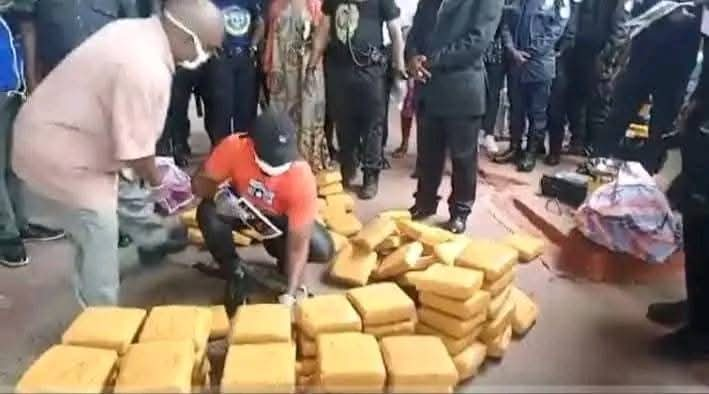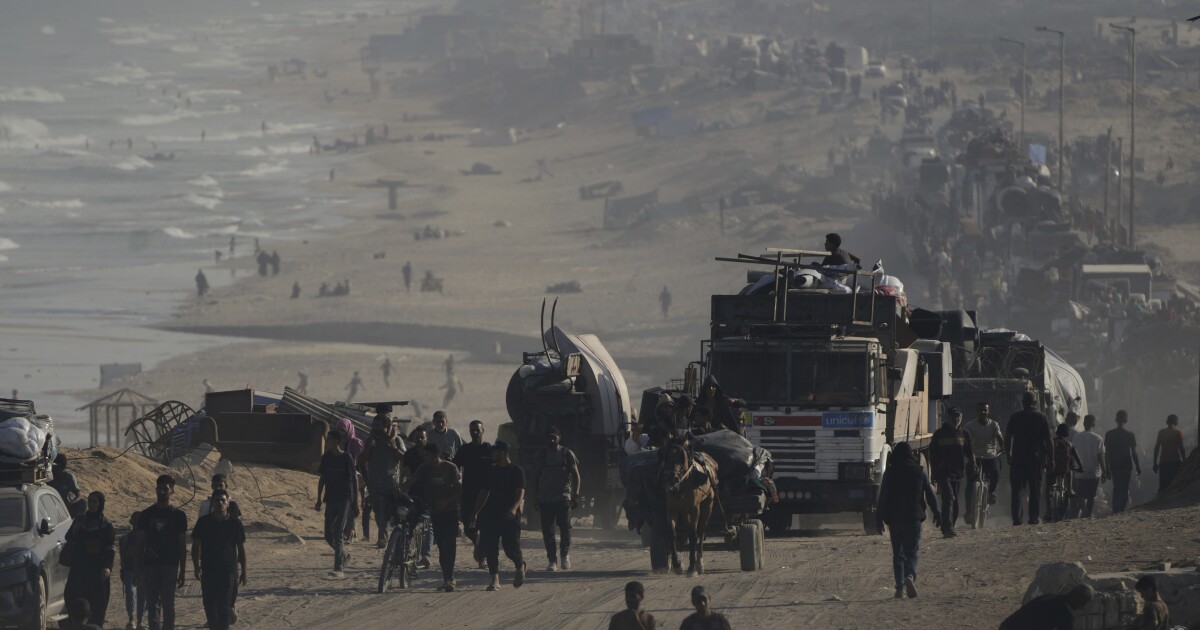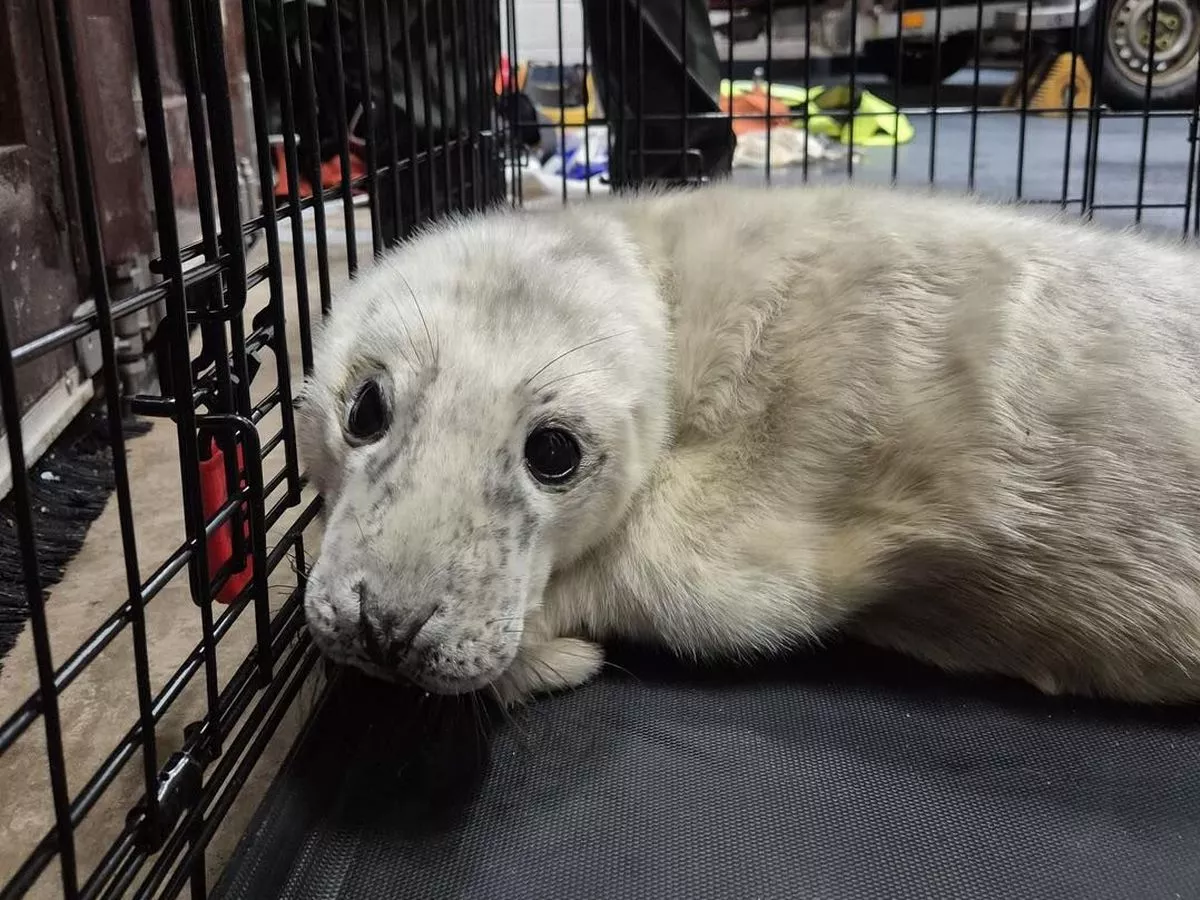By Gnnliberia
Copyright gnnliberia

By Amos Harris
Liberia’s narcotics crisis is deepening as drug cartels strengthen their networks across Montserrado and Grand Cape Mount Counties, fueling a rise in crime, addiction, and insecurity.
Residents in Monrovia’s 17 districts report that they increasingly live under the control of traffickers who appear to operate with impunity, despite repeated government seizures.
The scale of the problem was recently highlighted when the Liberia National Police (LNP) intercepted 100,800 grams of compressed marijuana, valued at US$9,576, during a raid in Jacobs Town. According to the LNP, the drugs were intended for neighborhood distribution, with each unit priced at about US$76. However, no arrests were made, as suspects reportedly fled “minutes before the raid,” according to Deputy Police Director for Administration, Ernest Tarpeh.
“We are confident our intelligence network will bring those responsible to justice,” Tarpeh stated. The drugs were subsequently handed over to the Liberia Drug Enforcement Agency (LDEA).
LDEA Officer-in-Charge, Fitzgerald Biago, praised the bust but warned that seizures alone will not solve the crisis. “Arresting street dealers is not enough,” Biago emphasized. “We must dismantle the networks importing and financing these operations.”
The seizure has triggered outrage and suspicion among citizens, who question how such a large consignment bypassed border and checkpoint security. Civil society leaders have voiced concerns about negligence or possible collusion within security agencies.
Community representatives from Paynesville, New Georgia, Clara Town, and West Point blame the unchecked inflow of narcotics for spikes in armed robbery, gang activity, and violence. Many accuse law enforcement of protecting traffickers while focusing on low-level users.
“Drugs are destroying our youth in every district,” a West Point resident told reporters. “Every time narcotics are seized, no one is prosecuted. Who is protecting these people?”
Analysts warn that Liberia’s drug problem is no longer just a policing challenge but a national emergency threatening public health, social stability, and the country’s future workforce. They caution that unless trafficking syndicates and their financiers are exposed, Liberia risks drifting into a narco-economy. Critics also point to powerful individuals, including figures in religious and community institutions, who are believed to shield or profit from the trade.
Experts insist that defeating narcotics cartels will require more than raids and seizures. They are calling for collaboration among community leaders, women’s groups, youth organizations, landlords, and ordinary citizens to dismantle these networks and resist cartel influence. Without urgent collective action, many fear Liberia could soon face a full-blown drug crisis with devastating consequences for generations to come.



